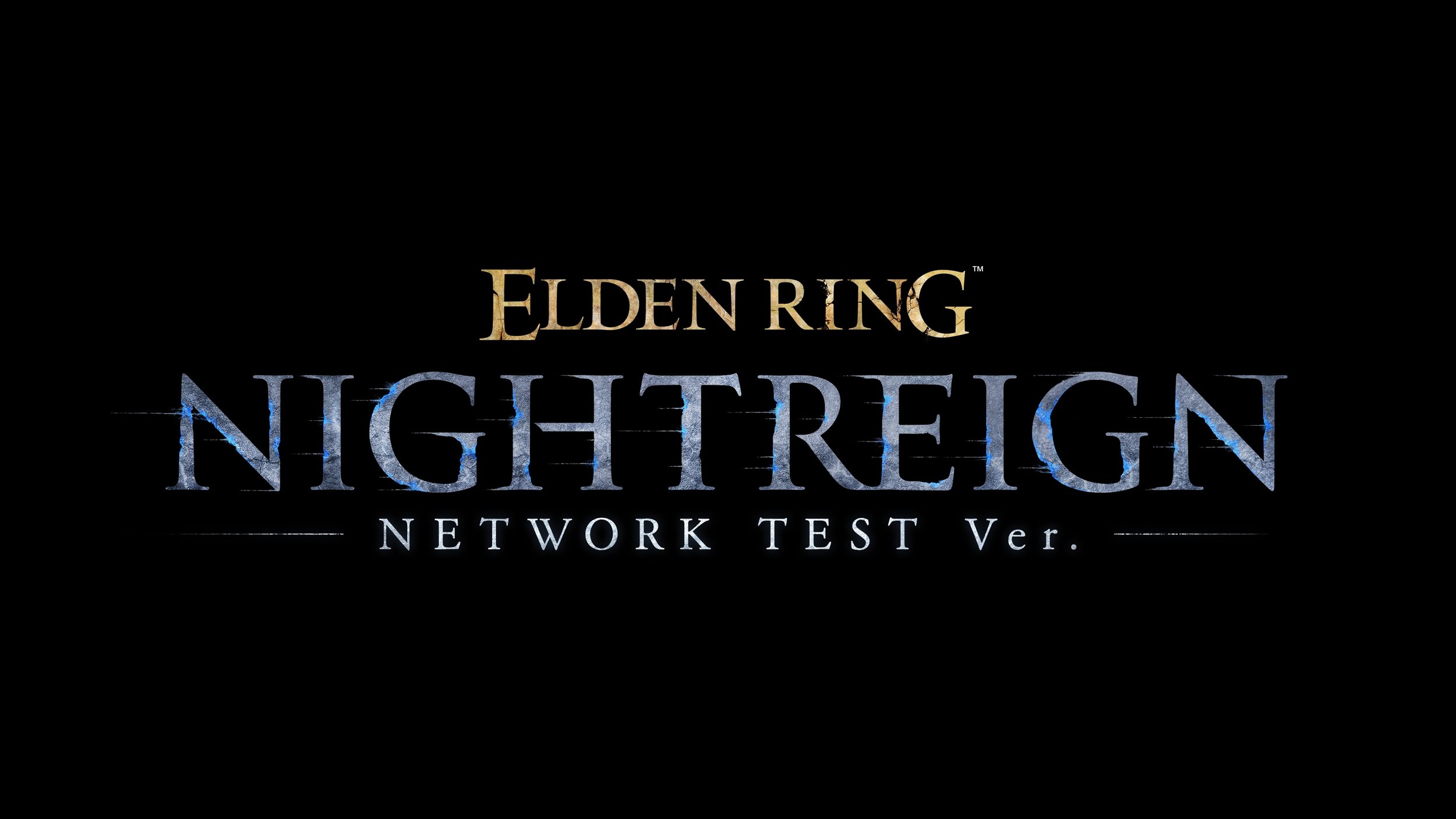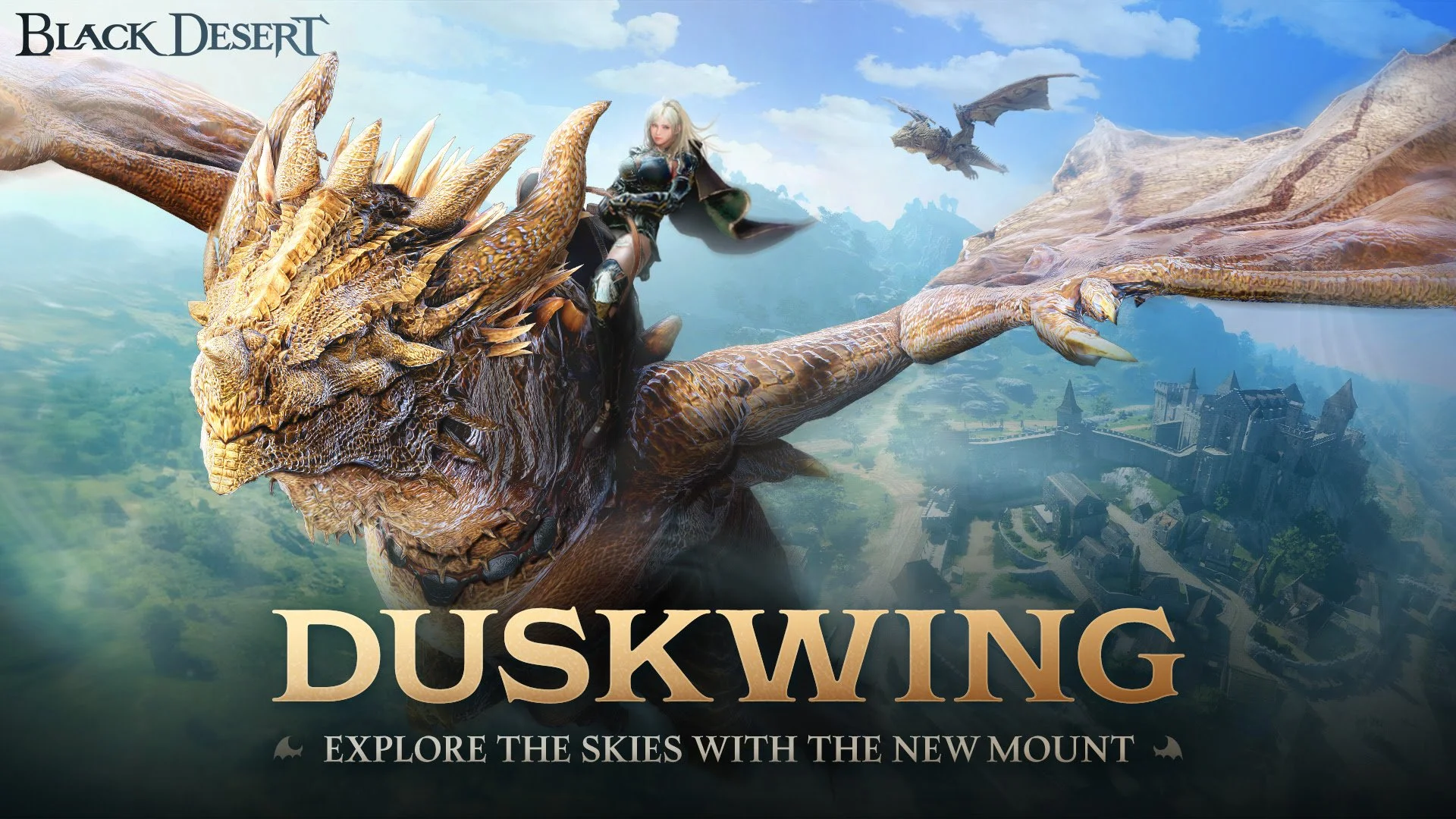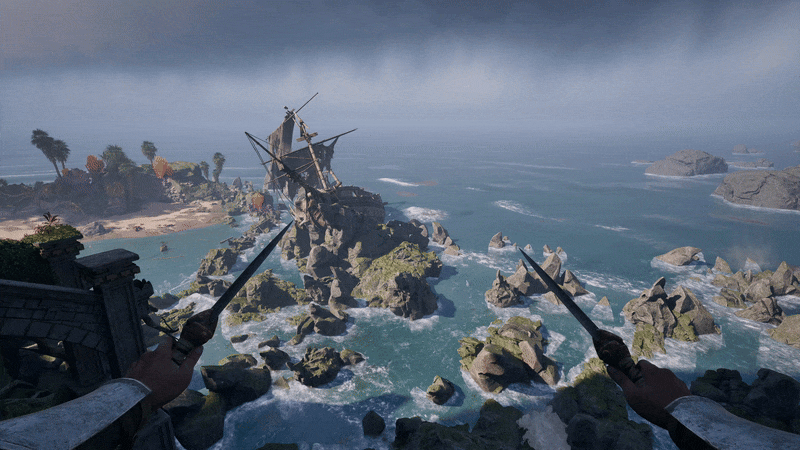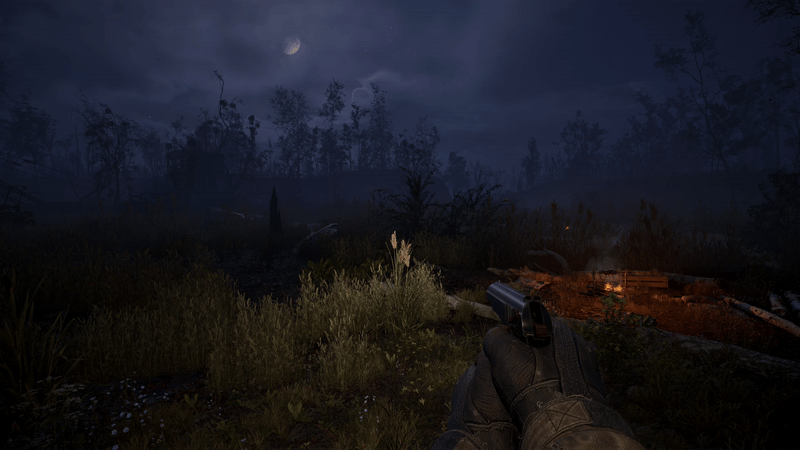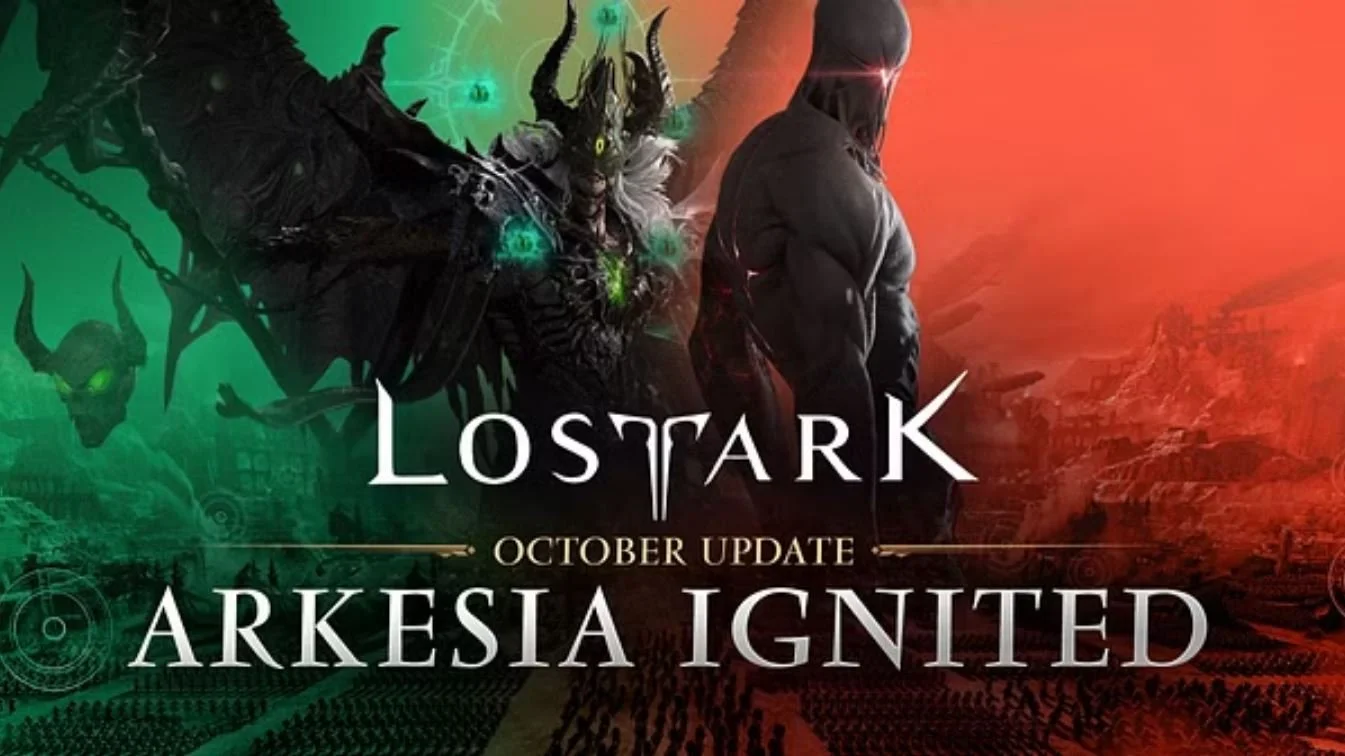New Zealand is known for its stunning landscapes, innovative technology, and a thriving film industry. However, in recent years, the country has also become a hotspot for independent game development. What was once a small, niche community has rapidly grown into a vibrant and influential sector. Indie game developers across New Zealand are creating diverse, innovative, and globally recognized games, often from small studios or even solo ventures.
Despite the country’s relatively small population, New Zealand has produced a number of critically acclaimed indie games, some of which have earned international success. From creative mobile apps to complex role-playing games (RPGs) and immersive virtual reality (VR) experiences, the nation’s indie developers are making a name for themselves in the global gaming industry. But along with these success stories come the inevitable challenges, from securing funding to overcoming geographic isolation.
New Zealand’s indie game scene is a unique ecosystem fueled by passion, collaboration, and creativity. Developers not only embrace their local identity but are also finding ways to compete on the international stage. Small studios face significant hurdles, but the talent and drive of these creators are evident in the games they produce. As more attention turns to the country’s burgeoning game development scene, many are beginning to explore this creative industry's potential, often backed by innovative incentive programs like free spins to support developer engagement and experimentation.
A Small Nation, Big Ideas
New Zealand's indie game development scene might be small in size, but it punches above its weight in creativity and innovation. The local industry began to take shape in the early 2000s, with a few developers creating games for web browsers and mobile devices. Since then, the sector has grown steadily, with developers producing titles for a wide range of platforms, including PC, consoles, and VR.
One factor contributing to this rise is New Zealand’s reputation for fostering creativity. With a well-established film industry (think Weta Workshop and the Lord of the Rings franchise), the country has a strong base of creative professionals who are increasingly shifting their talents toward game development. This cross-industry collaboration has enabled indie developers to create high-quality, visually stunning games, often with a unique storytelling element that stands out on the global stage.
Challenges Faced by Indie Game Developers in New Zealand
Despite the industry’s growth, New Zealand’s indie game developers face a number of significant challenges, many of which stem from the country’s small size and geographic isolation.
1. Limited Access to Funding and Investment
One of the primary challenges facing indie developers in New Zealand is the limited access to funding. Unlike larger gaming markets such as the United States, Europe, or Japan, New Zealand lacks a robust investment ecosystem for game development. Many indie developers rely on personal savings, crowdfunding platforms like Kickstarter, or small government grants to fund their projects.
While New Zealand’s government has taken steps to support the local game development industry—such as through the NZ Film Commission's Interactive Development Fund—the funding landscape remains limited. Developers often find themselves competing for a small pool of resources, which can hinder the ability to scale or take risks on more experimental projects.
2. Geographic Isolation and Market Access
New Zealand’s geographic isolation presents another major challenge. While the digital nature of game distribution means developers can theoretically reach a global audience, the physical distance from major gaming markets can still be a hurdle. Networking, attending international game conferences, and meeting potential investors are more difficult and costly for New Zealand-based developers than for those in more centralized gaming hubs.
Additionally, the time zone difference can make collaboration with overseas publishers, investors, or even players more challenging, adding another layer of difficulty for developers trying to build connections and expand their reach.
3. Small Domestic Market
New Zealand’s relatively small population means that the domestic market for games is limited. For indie developers, this means that creating games exclusively for local audiences is often not financially viable. Developers must think globally from the outset, which adds pressure to make games that appeal to international players and conform to global trends in gaming preferences.
Success Stories from New Zealand’s Indie Game Scene
Despite the challenges, several New Zealand indie game developers have managed to achieve remarkable success, gaining international recognition and proving that great games can come from small studios in unexpected places.
1. Path of Exile – Grinding Gear Games
Perhaps the most well-known success story in New Zealand’s indie game scene is Path of Exile, developed by Auckland-based studio Grinding Gear Games. Released in 2013, this free-to-play action RPG quickly gained a loyal fanbase, thanks to its deep gameplay mechanics, frequent updates, and fair monetization model. Path of Exile has since become a massive hit globally, with millions of players and numerous expansions. The game is often compared to Blizzard's Diablo series and is hailed as one of the best free-to-play games on the market.
Grinding Gear Games’ success demonstrates that, despite New Zealand’s small size and geographic challenges, a local studio can develop a game that not only competes with international titles but also leads the genre.
2. Mini Motorways – Dinosaur Polo Club
Mini Motorways, developed by Wellington-based studio Dinosaur Polo Club, is another indie success story. The minimalist city-planning puzzle game was released in 2019 and became an instant hit on Apple Arcade before expanding to other platforms. The studio’s previous game, Mini Metro, also achieved international acclaim for its simple yet highly addictive gameplay.
Dinosaur Polo Club’s focus on creating well-designed, accessible games with a clean, minimalist aesthetic has resonated with players around the world. Their games are proof that small studios can succeed by prioritizing innovative gameplay and polished design over complex graphics or massive production budgets.
3. Wellington Paranormal – A Cultural Touchstone in Game Development
Some New Zealand developers are also drawing from local culture to create games that resonate with both domestic and international audiences. Wellington Paranormal, based on the popular television series, is one such example. The game integrates elements of Kiwi humor, folklore, and the country’s unique cultural identity, offering players a gaming experience that feels distinctly “New Zealand.”
These kinds of projects highlight the importance of New Zealand’s cultural richness in its game development scene. By embracing their heritage and storytelling traditions, developers can create unique games that stand out in a crowded marketplace.
The Future of Indie Game Development in New Zealand
The future of indie game development in New Zealand looks promising, with more studios emerging and the quality of games improving year after year. Several factors suggest that the industry will continue to grow and thrive:
1. Government and Industry Support
As the success stories of New Zealand’s indie game developers continue to mount, there is growing recognition of the industry’s potential to contribute to the country’s economy. The government has already implemented grants and funding schemes to support game developers, but there is an increasing push for more substantial investment and resources to help the industry grow.
Additionally, industry bodies like The New Zealand Game Developers Association (NZGDA) play an essential role in advocating for the sector, organizing events, and providing a platform for developers to connect and share resources. The annual New Zealand Game Developers Conference (NZGDC) is a prime example of the community’s collaborative spirit, offering a place for developers to learn, network, and showcase their work.
2. Advancements in Technology
Advancements in game development tools, engines, and platforms have made it easier than ever for indie developers to create high-quality games. Free and accessible tools like Unity and Unreal Engine allow small studios to develop polished, professional-level games without the need for massive budgets. This democratization of game development has played a key role in the rise of indie games in New Zealand and will continue to empower future developers.








